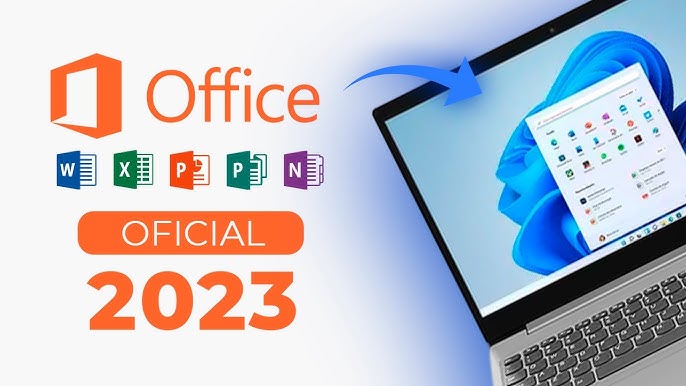Best Selling Products
How to Protect Your ChatGPT Conversations From Google's Prying Eyes
Nội dung
One of the new risks that has recently received special attention from the security community is that ChatGPT users' conversations are not only used to train AI, but can also appear directly on Google search results.
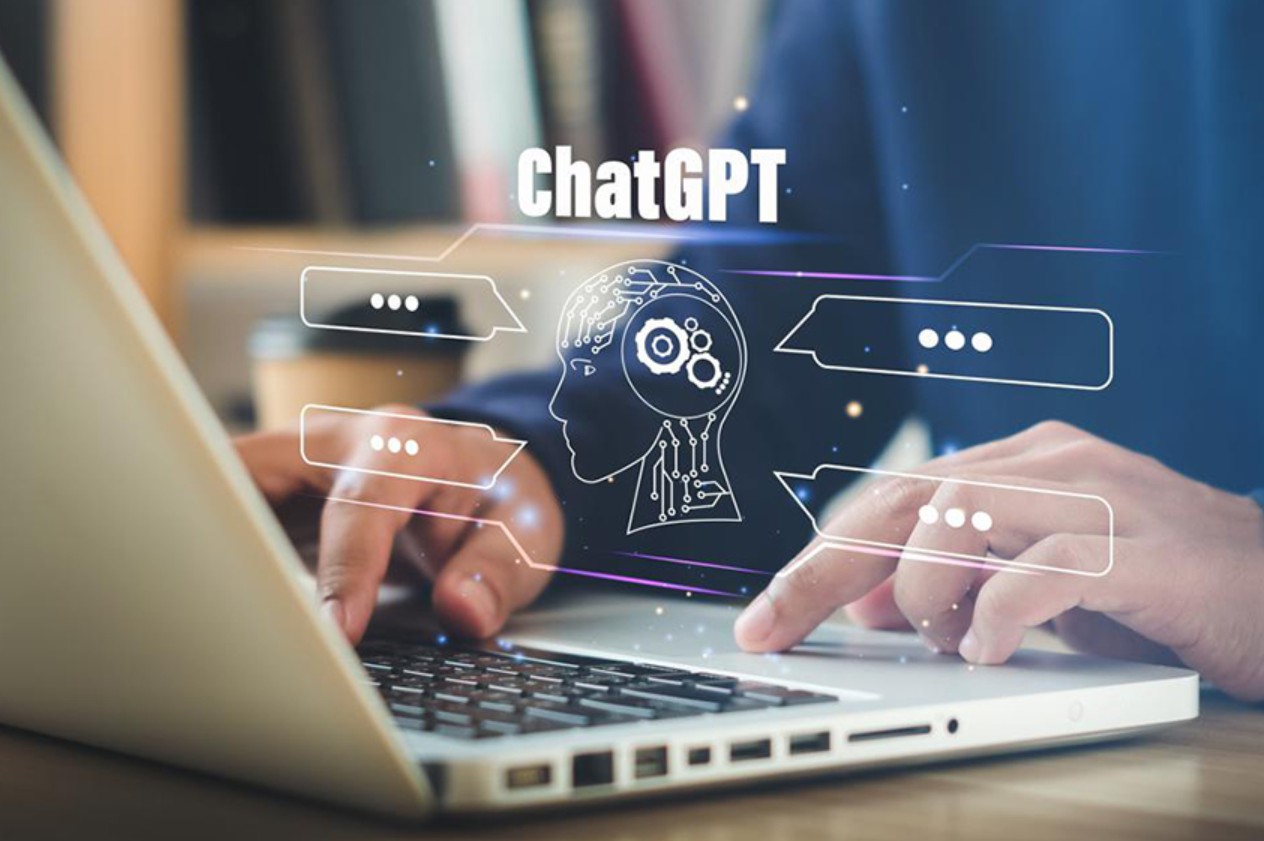
In the digital age, personal data has become the new “gold” of the times. Any information you share online, whether in an email, on social media or in a chat application, can be stored, analyzed and sometimes disclosed without your knowledge. In particular, with the explosion of artificial intelligence, tools like ChatGPT are being used by hundreds of millions of people every month, providing convenience and the ability to chat almost as naturally as humans. But besides the benefits, they also pose potential security risks that many people are still subjective about.
One of the new risks that has recently received special attention from the security community is that ChatGPT users' conversations are not only used to train AI but can also appear directly in Google search results. This is not just a minor nuisance but in many cases, can become a personal information "bomb" with unpredictable consequences.
1. When your conversation is public on Google
In the minds of most users, ChatGPT is a trusted virtual “friend” where they can freely ask questions or share difficult things without fear of judgment. This sense of privacy stems from the simple interface, the “one-on-one” chat space, and the way the AI responds as if it exists solely to serve you. But as security expert Caitlin Sarian recently warned, this belief may be an illusion.
Caitlin, who runs the Instagram account @cybersecuritygirl, broke the news that your ChatGPT conversations are not only being used to improve the AI’s capabilities, but in some cases are being indexed and publicly displayed on Google. In other words, what you thought was “private” may actually be in front of millions of eyes on the internet.
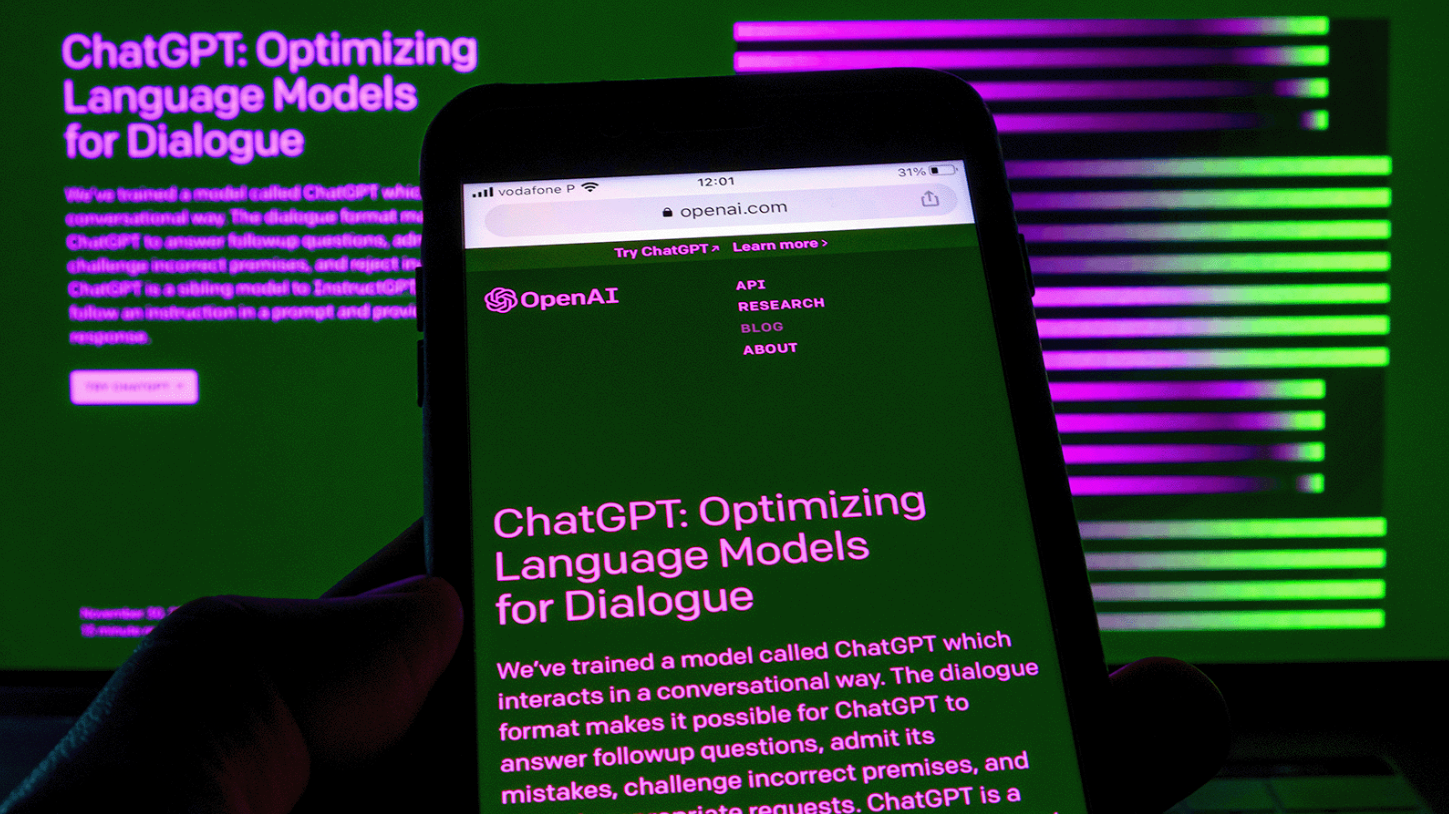
This indexing means that if some or all of your chats are stored in the system without protection or access restrictions, with just a few searches, anyone from colleagues, friends, relatives to employers can see it. You don't need to be a hacker, just an acquaintance who happens to type your name into Google is enough to read what you've shared with ChatGPT.
Imagine this: You’ve asked ChatGPT about your plans to quit your job, asked for suggestions for a farewell letter to a coworker, or confided in them about marital problems. You may have even shared personal financial information like your salary, debts, or investment plans. And then one day you discover that the entire conversation is publicly available on Google, accessible not only to you but to anyone who searches for it. What started as an innocent conversation can turn into a personal media disaster, damaging your reputation, ruining relationships, and even putting your career in jeopardy.
2. Risks range from “a little embarrassing” to “catastrophic”
The worrying thing is that the consequences of a data breach go beyond embarrassment. With sensitive data, the risks can escalate to financial loss, cyberattacks, or complicated legal situations.
Cybersecurity experts have repeatedly warned that in the data age, even a small piece of information can be extremely dangerous when put in the right (or wrong) context. A seemingly innocuous statement, when combined with data available online, can be enough to determine your identity or your lifestyle habits. This is the principle that hackers call OSINT.
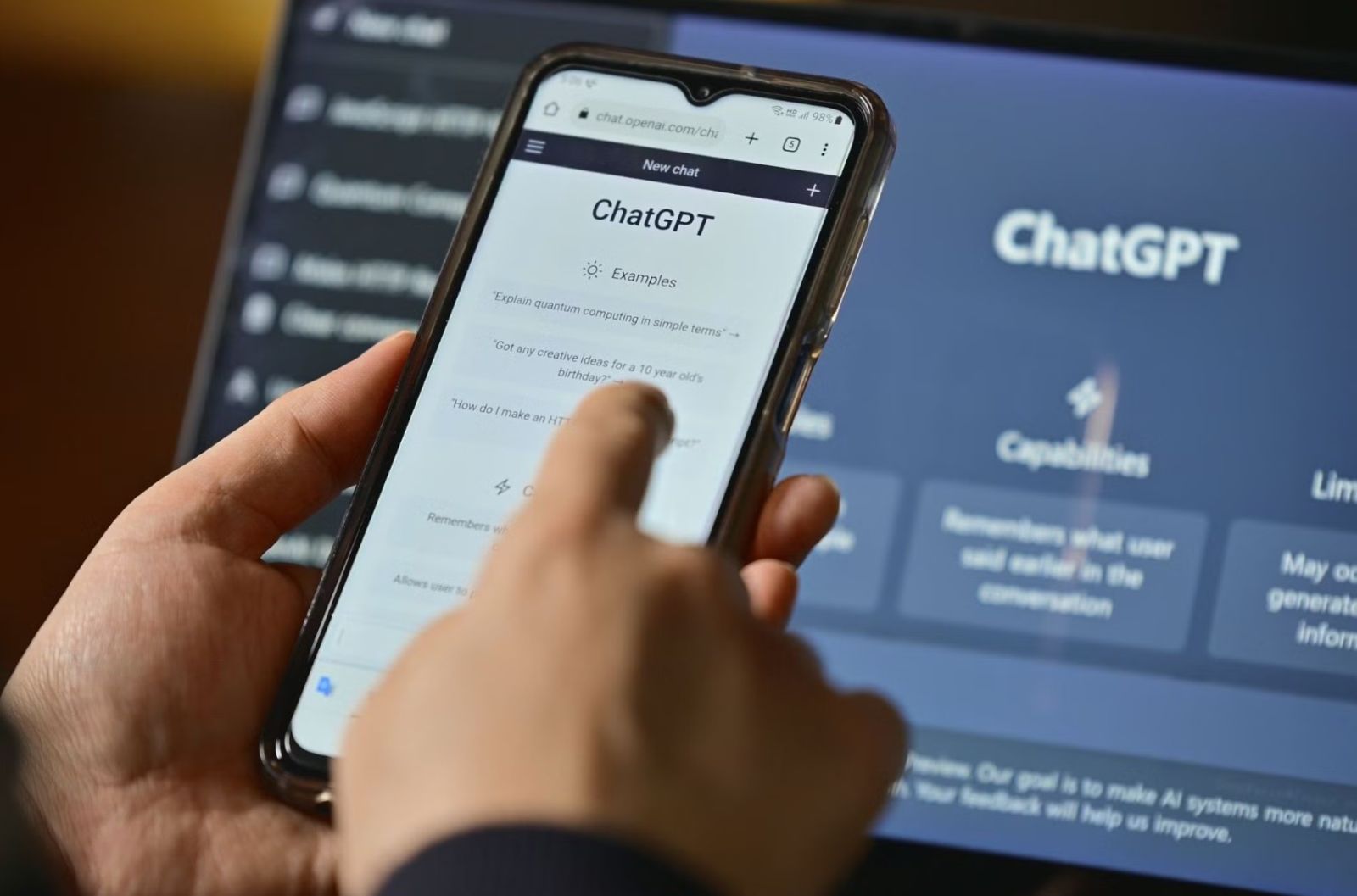
For example, you accidentally share with ChatGPT that you’re taking two weeks off next month and ask for travel suggestions. If a bad guy finds this information and combines it with LinkedIn or Facebook data that shows you live alone, it’s an invitation for theft. Or, you share a business idea that’s still in the research phase. A potential competitor can easily access it, “borrow” it, and get it to market before you do.
In more serious cases, the information that is leaked can be used as a weapon for blackmail. If you have shared anything sensitive about your personal life, mental health, or legal issues, bad actors may use it to threaten, pressure, or publicly discredit you.
Because of this, the distance from a slight embarrassment to a complete disaster is sometimes just a Google search away.
3. How to check if your conversation is public
Luckily, checking isn’t too difficult. Caitlin gave a very specific guide: open Google and search for your name, combined with the advanced search syntax site:chat.openai.com . This syntax tells Google to only show results that are within ChatGPT’s domain, meaning pages that might contain a transcript of your chat.
When you do a search, pay attention to the titles and snippets that Google displays. If you see text that matches or is very similar to conversations you’ve had, especially if it’s personal or confidential, that’s a clear sign that your data is public.
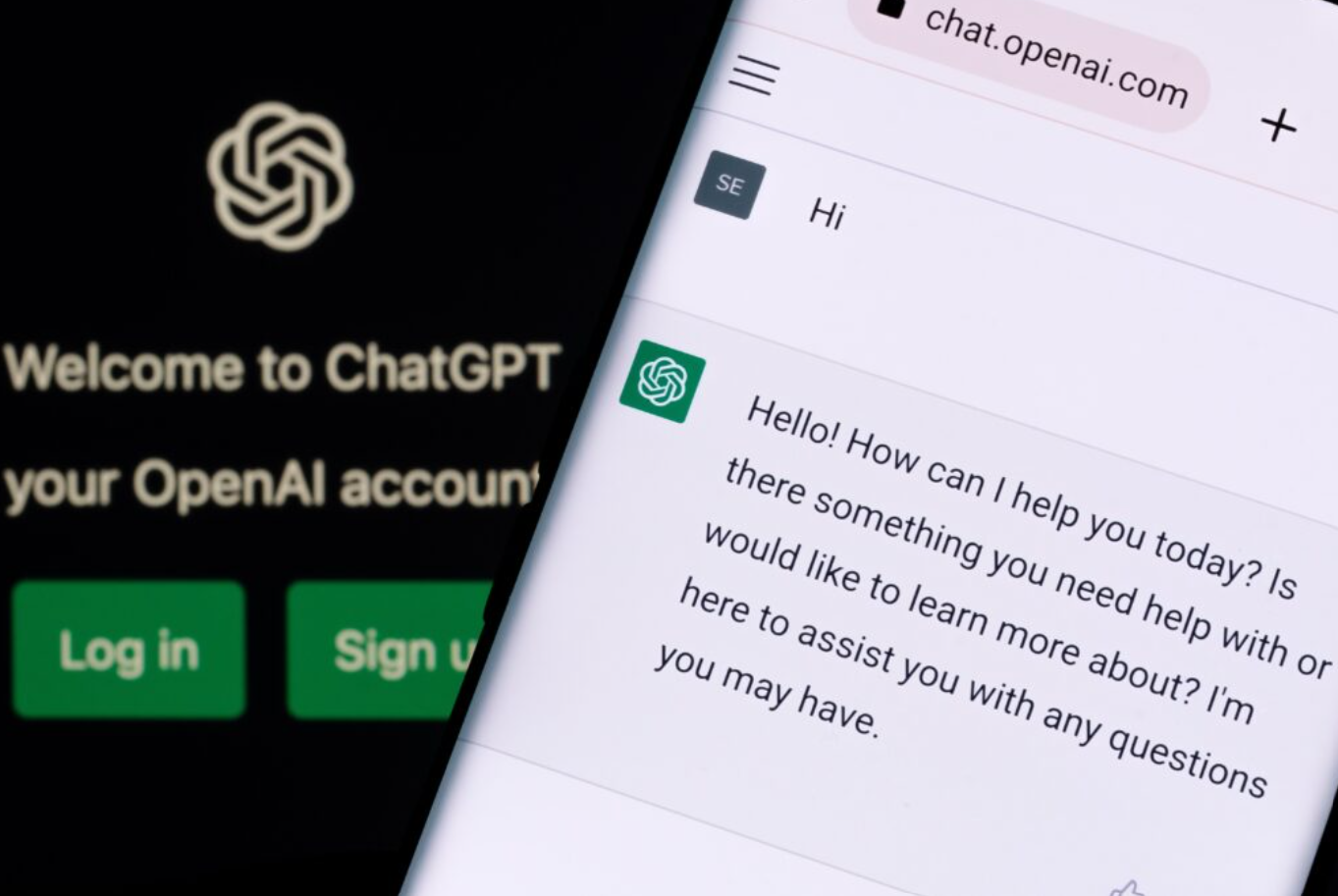
In case of data breach, you can take two steps:
· First, directly delete the conversations in the ChatGPT account to block the source.
· Second, ask Google to remove these results from its search index using the Remove Outdated Content tool.
It is important to note that Google's removal of results is not always immediate, and sometimes if the content is still publicly available at the original source, it may reappear. Therefore, a sustainable solution is to combine both deleting the original data on ChatGPT and asking Google to delete the cache.
4. How to protect chat data on ChatGPT
Caitlin recommends that users proactively set up their privacy preferences from the get-go. In ChatGPT, you can go to Settings, find Data Controls, and turn off Chat History & Training. When this is turned off, ChatGPT will not store new conversations to train the model, which reduces the chance of data being leaked.
However, this is just a precaution for the future. With old data already existing, the only way to be safe is to manually delete each conversation. Just hover over the conversation title in the list on the left, click the trash icon, and confirm.
It’s worth noting that many people often skip this step, thinking that if they don’t share the link or if the conversation doesn’t contain sensitive information, it’s okay. In reality, the data may still be in the cache or indexed before you notice it. And once it’s in the search engine’s cache, it’s very difficult to completely remove it.
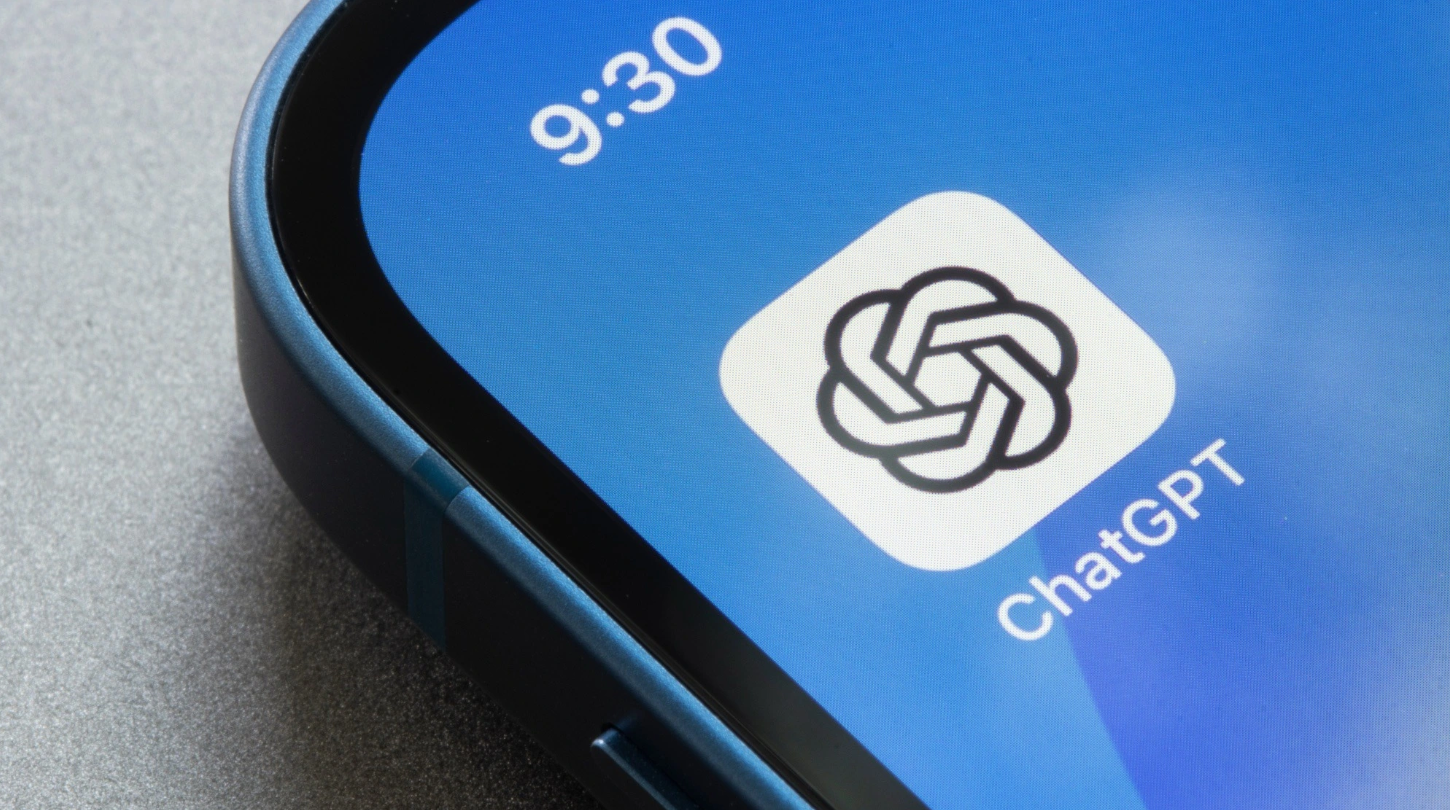
Therefore, proactively managing and regularly cleaning up your chat history not only helps you protect sensitive information but also keeps your AI workspace neat and optimized.
One of the most important pieces of advice Caitlin offers is to always assume that everything you type into ChatGPT is potentially being stored and shared. She compares chatting with AI to posting on a public forum, even if the interface and experience make it feel like a private conversation.
This means that instead of submitting your full real information, you should use pseudonymous or anonymized data when you need ChatGPT to handle sensitive situations. If you need to ask about an employment contract, do not type in the actual contract verbatim, but replace the names, numbers, and identifying details with fictional information. This principle helps you get answers from AI while keeping your original data safe.
5. Perspective from OpenAI CEO
Sam Altman (CEO of OpenAI) also acknowledged that this is a concern. He called for legal protections similar to the way the law protects patient-psychiatrist confidentiality for ChatGPT conversations. The reason is that more and more young people are turning to ChatGPT not only to look up information but also to confide and seek advice about mental health, personal problems or even life orientation.
In an interview with Theo Von on the This Past Weekend podcast, Altman expressed concern that if the legal system doesn’t protect this data, users could be seriously harmed. For example, if you share your most sensitive stuff with ChatGPT and then get involved in a lawsuit, a court could subpoena OpenAI for the chat transcripts. That, he said, is “very wrong” and needs to change.
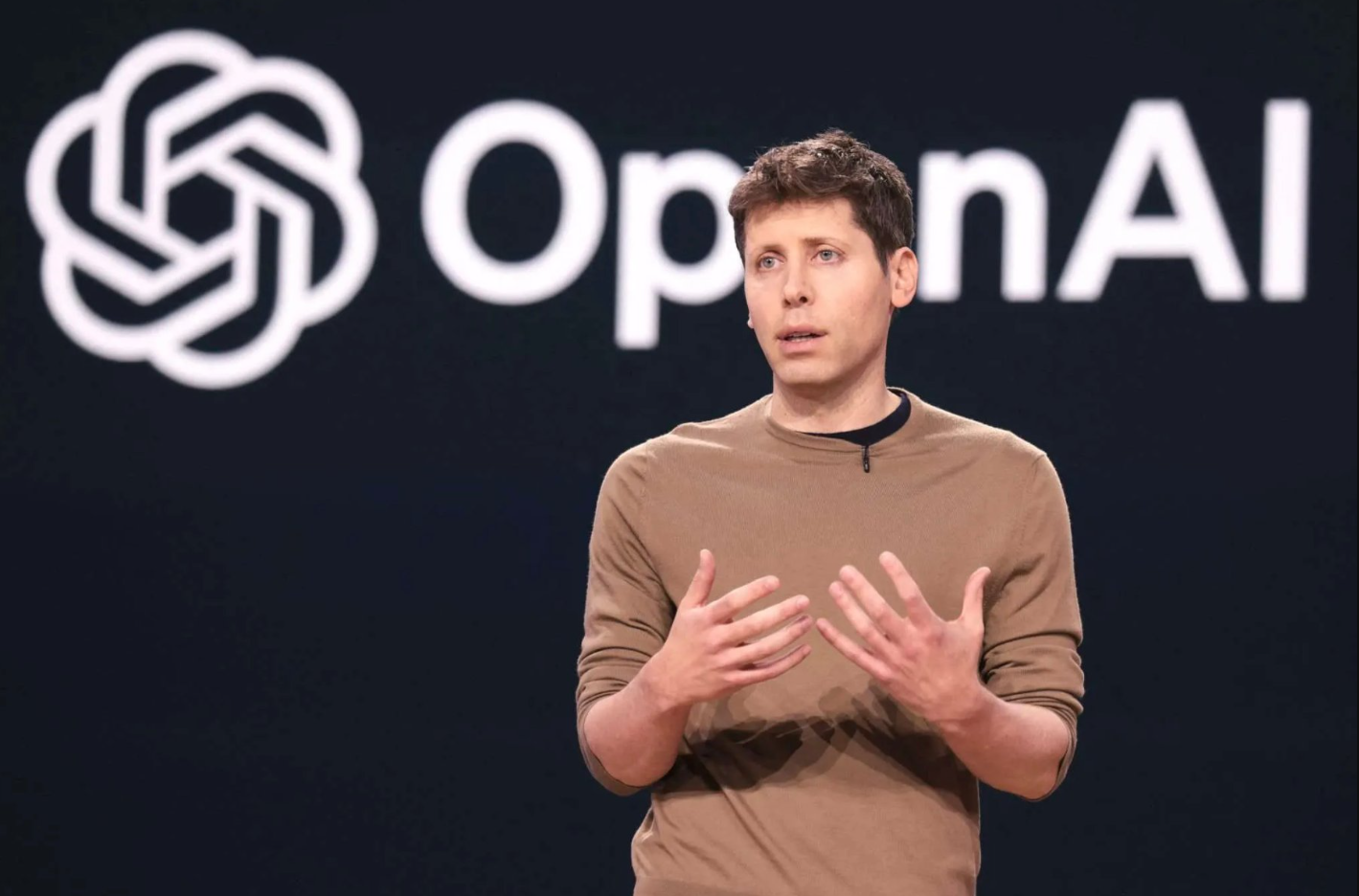
6. Conclusion
Caitlin Sarian’s story is an important cautionary tale as AI infiltrates every aspect of our lives. It reminds us that digital privacy is never absolute. Even if you think you’re in a “closed room” chatting with a machine, there’s always the possibility that your information could leak out.
To protect themselves, users need to proactively control their privacy settings, delete sensitive data, and always practice “self-censorship” before entering any personal information into AI systems. At the same time, there needs to be a change from technology companies and legislative bodies to introduce stronger data protection standards, especially for conversational AI platforms.
Because once data is indexed and appears on Google, it is almost impossible to completely remove it. In the digital world, “prevention is better than cure” is not just an old saying but a survival principle.












































